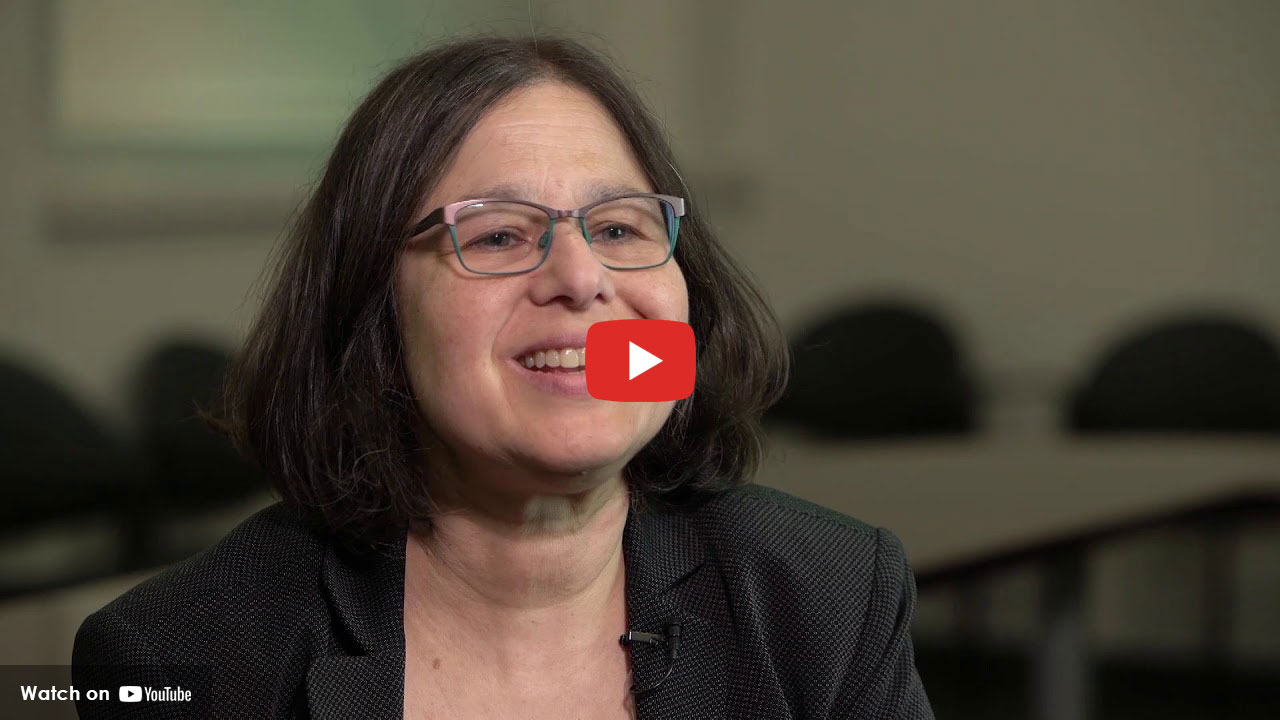Your safety matters to us. If we need to update your appointment due to weather, we will call you with options to meet virtually or reschedule.
HMH - Breast Surgery - Hackensack
Plan Your Visit
Address
Hours
Contact
Interested in scheduling an appointment?
Providers at this LocationLocation Summary
About This Location
Hackensack Meridian Health Breast Surgery - Hackensack in Hackensack, NJ provides personalized breast cancer surgery care. Your first visit with a breast surgeon helps create the right care plan for you. Our surgeons have experience with many types of breast cancer surgery and work with you on the best approach for your needs.
We use an “oncoplastic” approach (using oncology and plastic surgery to remove breast cancer while also reshaping the breast) to help give you the best results in both your health and appearance. Our goal is to help you feel informed and supported with clear answers, compassion, and expert care to help you get the best outcome possible.
We are part of Hackensack Meridian Health, New Jersey’s largest health network, which gives our patients coordinated access to specialists and services across the system.
About This Location
Hackensack Meridian Health Breast Surgery - Hackensack in Hackensack, NJ provides personalized breast cancer surgery care. Your first visit with a breast surgeon helps create the right care plan for you. Our surgeons have experience with many types of breast cancer surgery and work with you on the best approach for your needs.
We use an “oncoplastic” approach (using oncology and plastic surgery to remove breast cancer while also reshaping the breast) to help give you the best results in both your health and appearance. Our goal is to help you feel informed and supported with clear answers, compassion, and expert care to help you get the best outcome possible.
We are part of Hackensack Meridian Health, New Jersey’s largest health network, which gives our patients coordinated access to specialists and services across the system.
Our Services
Some of the things that go into making a decision include: tumor size, location, breast size and the preferences of the individual patient. Some of the surgical options that may be offered for breast surgery include:
Advanced Breast Surgery
Many women with breast cancer can undergo beast-sparing surgery with lumpectomy, in which only the tumor is removed, leaving the remainder of the breast in place. We typically perform this operation on an outpatient basis, enabling you to return to the comfort of your home the same day to begin your recovery.
Most women who have a lumpectomy have radiation therapy afterward. Your surgeon will collaborate with your radiation oncologist to provide seamless, coordinated care. Some patients with breast cancers that cannot be felt (nonpalpable lesion) may benefit from SAVI SCOUT® to help guide lumpectomy. Hackensack University Medical Center is one of the few centers offering this technology in place of wire localization.
A tiny reflector is implanted at the site of a tumor before surgery, and is detected by a special probe as surgery begins. The reflector can be inserted up to 30 days before the surgery, the patient does not have to fast, and there is no radiation involved (unlike radioactive seed placement, another form of presurgical breast tumor localization). Your breast surgeon will let you know if SAVI SCOUT is an option for you.
Mastectomy Options
Our surgeons are experienced performing the different types of mastectomy and reconstructions such as:
- Modified Radical Mastectomy, which involves removing the breast tissue, nipple, overlying skin, and lymph nodes under the arm on the affected side.
- Skin-Sparing Mastectomy, where the inner breast tissue is removed, but the skin is left intact prior to breast reconstruction. Some women having skin-sparing mastectomy can have nipple-sparing mastectomy depending on the location of the cancer, the size and shape of the breast, and the location of the nipple.
Breast Reconstruction
After mastectomy, our plastic surgeons offer breast reconstruction using your own tissue (muscle and fat taken from the back or stomach) or breast implants.
If you are interested in reconstruction, your breast surgeon will thoroughly discuss your options and refer you to a plastic surgeon so you can choose the approach that best meets your needs. You may have reconstruction at the time of your mastectomy or at a later date.
Sentinel Lymph Node Biopsy
With most invasive breast cancers, doctors need to assess the underarm (axillary) lymph nodes to gauge the stage of your cancer and determine your need for additional treatment, such as chemotherapy.
Our surgeons perform sentinel lymph node biopsy to identify the first underarm lymph node where cancer cells might spread. If the node contains cancer cells, the surgeon may remove additional nodes in a procedure called axillary node dissection. If the node is free of cancer, no other lymph nodes need to be removed, lowering your risk of lymphedema (swelling in the arm).
After Treatment Follow-up Care
We have a formal long-term survivorship program for women who had surgery for breast cancer, have completed their treatment, and no longer need to see their breast surgeon regularly.
We provide yearly surveillance with mammography and/or ultrasound as needed and a physical breast examination to monitor your breast health.
Supportive Care
- Nutritional guidance
- Psychosocial support
- Lymphedema treatment
- Clinical trials
Members of a Coordinated Team
Many women with breast cancer require other forms of therapy as part of their care. If you need chemotherapy (before or after surgery), hormone therapy, or radiation, your breast surgeon will work closely with other members of the Hackensack University Medical Center breast team. This includes cancer doctors and radiation doctors at John Theurer Cancer Center.
They work together to make sure your care stays on track and everyone is kept in the loop.
Why Choose Us
Our breast surgeons are nationally recognized and have a lot of experience treating all types of breast cancer with surgery. Your surgeon will work closely with you to choose the best surgical option based on your cancer as well as your personal preferences, breast size, and other factors. This team is part of the Division of Breast Surgery at Hackensack University Medical Center.
The Importance of Clinical Trials
Frequently Asked Questions
Some of the surgical options that may be offered for breast surgery include:
- After Treatment Follow-up Care
- Beast-Sparing Surgery With Lumpectomy
- Breast Reconstruction
- Modified Radical Mastectomy
- Sentinel Lymph Node Biopsy
- Skin-Sparing Mastectomy
- Supportive Care
The surgical plan is based on details about your cancer and what matters to you.
Some things that can help guide the decision include:
- Tumor size
- Tumor location
- Breast size
- Your personal preferences
A lumpectomy is a breast-sparing surgery where only the tumor is removed and the rest of the breast stays in place. In many cases, this is done as an outpatient procedure, so you can go home the same day to start recovering.
Yes. In most cases, you can book an appointment online with our providers. Check the Meet the team section below to see which providers offer online scheduling and which ones require a phone call.




